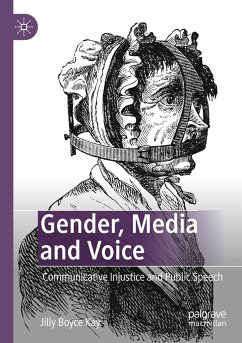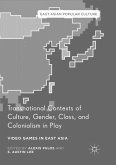This book explores the increasing imperatives to speak up, to speak out, and to 'find one's voice' in contemporary media culture. It considers how, for women in particular, this seems to constitute a radical break with the historical idealization of silence and demureness. However, the author argues that there is a growing and pernicious gap between the seductive promise of voice, and voice as it actually exists. While brutal instruments such as the ducking stool and scold's bridle are no longer in use to punish women's speech, Kay proposes that communicative injustice now operates in much more insidious ways. The wide-ranging chapters explore the mediated 'voices' of women such as Monica Lewinsky, Hannah Gadsby, Diane Abbott, and Yassmin Abdel-Magied, as well as the problems and possibilities of gossip, nagging, and the 'traumatised voice' in television talk shows. It critiques the optimistic claims about the 'unleashing' of women's voices post-#MeToo and examines the ways that women's speech continues to be trivialized and devalued. Communicative justice, the author argues, is not about empowering individuals to 'find their voice', but about collectively transforming the whole communicative terrain.
Bitte wählen Sie Ihr Anliegen aus.
Rechnungen
Retourenschein anfordern
Bestellstatus
Storno








